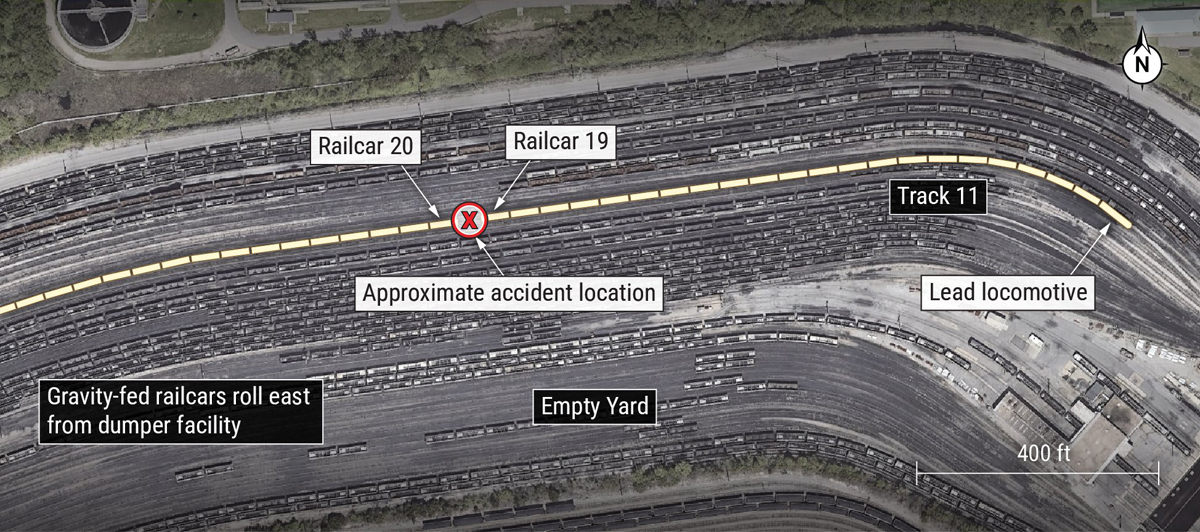The two locomotives and ore cars join Roy Hill’s existing fleet of 21 GE trains, and have been painted pink in honor of Chairman Gina Rinehart’s continuing commitment to support patients and research into breast cancer.
At the event, Rinehart christened one of the locomotives “For Mothers,” and Dr. Patricia Kailis christened another locomotive the name of “Women of the North.”
Understanding Rinehart’s deep commitment to supporting breast cancer patients and research for better treatments and cures, GE was excited to support Roy Hill’s request to have the new locomotives painted pink.
“We deeply value our relationship with Roy Hill and are thrilled to celebrate the arrival of these locomotives to their fleet,” says Claire Pierce, Executive Leader for GE Transportation in Australia.
“This marked the first time GE has painted a locomotive pink and we are proud to support such an important cause. These locomotives will serve Roy Hill well both in hauling millions of tons of ore and demonstrating their commitment to breast cancer prevention, diagnosis, treatment, and survivorship,” says Nalin Jain, President and CEO, International at GE Transportation.
In addition to the pink locomotives, guests on the day also marveled at the train of pink ore cars standing proudly on the rail line.
“Today we also acknowledge with thanks the China Railway Rolling Stock Corp. who last quarter delivered 130 pink ore cars to Roy Hill. These cars, when attached to one of our new GE pink locomotives will create a striking image as they forge their way across the Pilbara. May these pink trains continue to inspire us to do more for breast cancer patients and support research to help fight this truly terrible and sad disease,” Rinehart said.
— A GE Transportation news release. Oct. 4, 2018.















Excellent!
You are certainly correct, Emory.
Blair: Who cares as long as it serves the purpose of promoting breast cancer research and hopefully contributing to an eventual cure?
I’d bet the train makes ONE trip as a complete unit–pink locomotives, pink cars–before it’s all broken up and gradually dispersed across the system.